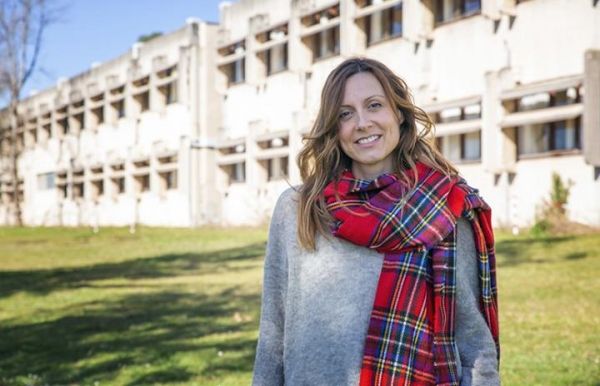In the high-impact journal Appetite the UPV/EHU’s Nursing and Health Promotion research group has published a study using photovoice methodology and which qualitatively compares citizens’ perceptions about the food environment in three Bilbao neighbourhoods with different socioeconomic levels. The participants in the project, residents in the said neighbourhoods, analysed and explained how the neighbourhoods can affect their diet.
Previous studies have revealed the influence of unhealthy food environments on the population’s eating behaviour. Yet the socioeconomic differences in these environments and their influence on diet had never been studied previously. The doctor in the UPV/EHU’s Faculty of Medicine and Nursing Leyre Gravina said “we have for the first time qualitatively compared the perception of the food environment in three neighbourhoods with differing socioeconomic contexts —Deusto (high socioeconomic level), Uribarri (medium), and San Francisco (low)—, using photovoice methodology. So we have managed to analyse the whole spectrum of Bilbao making it possible to explain how the neighbourhoods may affect their residents, in particular in terms of food”.
In the photovoice study the participants (a total of 23 residents in the above-mentioned neighbourhoods) “analysed the environment closest to them, their neighbourhood, by means of photos that they themselves took and discussed in groups”, explained Doctor Gravina, lead researcher in the UPV/EHU’s Nursing and Health Promotion research group. “The research group then went on to group together six emerging themes that inform or describe the food environment of Bilbao: unhealthy eating behaviours, cultural diversity, retail transformation, social relations, precariousness and healthy eating.”
Read more at University of the Basque Country
Image: The UPV/EHU's Nursing and Health Promotion research group has published an study using photovoice methodology and which qualitatively compares citizens' perceptions about the food environment in three Bilbao neighbourhoods with different socioeconomic levels. (Credit: Zelai R. García)


